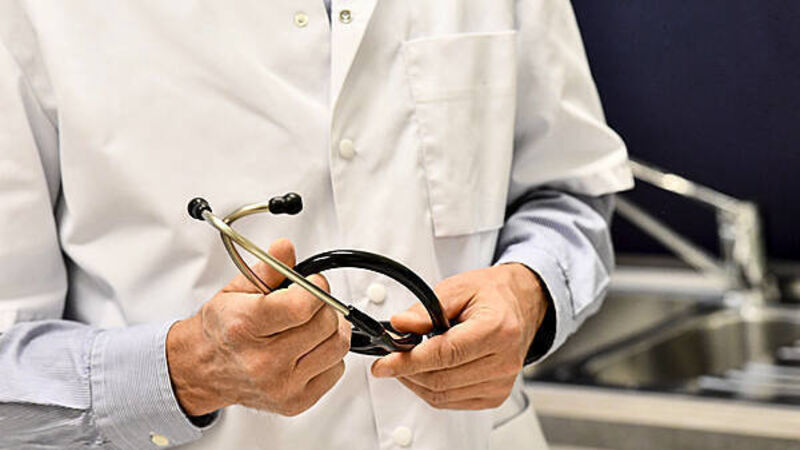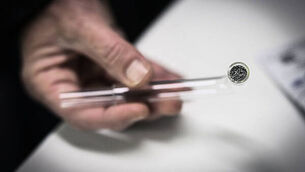HSE detects first ever case of Clade I mpox in Ireland

Eva Osborne
The HSE has detected the first case of Clade I mpox in Ireland.
An Irish resident had recently returned to Ireland following travel to the Democratic Republic of Congo where mpox is circulating in the community.
The HSE said they are now receiving specialist care in a hospital in the east of the country. The risk to the Irish public remains low.
The HSE said this case is not unexpected, as small numbers of cases have been seen in Europe and countries outside Africa in people who have travelled from countries where mpox is spreading in the community.
Director of National Health Protection at the HSE, Dr Éamonn O’Moore, said: “I would like to reassure the public that the risk to the Irish population remains low.
"Close contacts are being contacted by the local public health team. They have been given appropriate advice to reduce the risk of any potential spread and will be followed up with until there is no longer any risk of developing infection.
"As part of our public health work we are also investigating how the individual acquired the infection.
“The HSE is fully prepared to respond to this case as work has been ongoing since August 2024. We have been working alongside international partners and National Health Protection has been monitoring mpox closely since the outbreak in Democratic Republic of Congo first emerged.”
Mpox
People who have recently returned from a country where mpox is circulating in the community are advised to look out for symptoms for three weeks and seek medical advice if they have any concerns.
Common symptoms of mpox include a skin rash or pus-filled lesions which can last two to four weeks. It can also cause fever, headaches, muscle aches, back pain, low energy, and swollen lymph nodes.
Anyone with symptoms should self-isolate and phone their doctor promptly. While most cases are mild, early detection and care can help prevent further spread.
Mpox can be passed on through close person-to-person contact and through contact with contaminated materials. It may also spread from animals to people in areas where infected animals are found.
Consultant in Public Health Medicine, Dr Derval Igoe, added: “People who have received two doses of the mpox vaccine or who have previously had mpox infection are considered to have protection against severe illness caused by Clade I mpox. At this time, booster vaccination is not recommended.
“Close contacts of the case are being contacted directly by HSE Public Health teams. Any close contacts will be offered testing and vaccination as needed and advised on any additional care if they have symptoms or test positive.”
Clade I mpox is different from Clade II mpox that has been circulating at low levels in Ireland since 2022. However, both Clades are similar in terms of their effect on human health and there is an effective vaccine.









